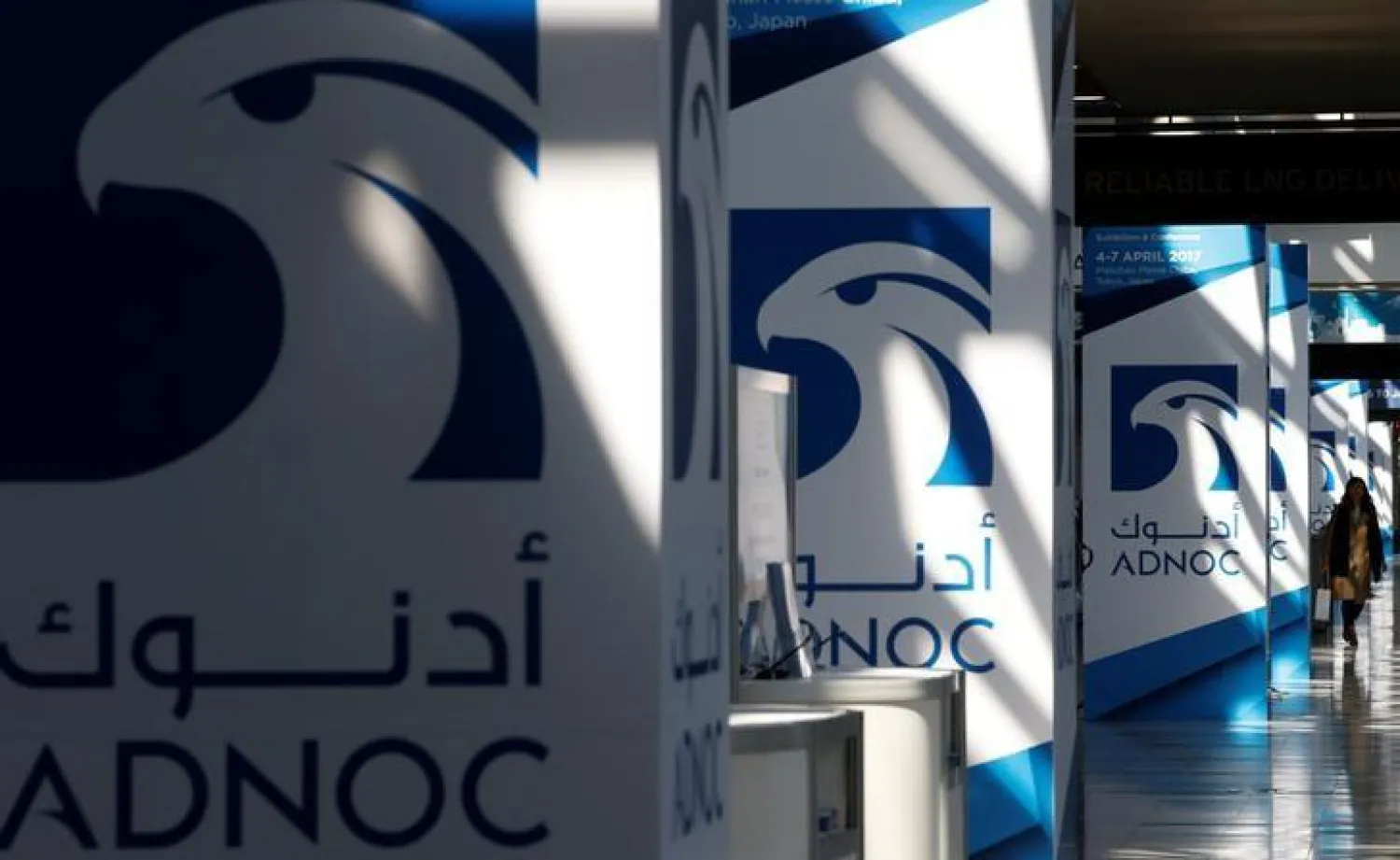The Abu Dhabi National Oil Company, ADNOC, and TOTAL announced on Wednesday the delivery of the first unconventional gas from the UAE, Emirates News Agency reported.
The gas was delivered from the Ruwais Diyab Unconventional Gas Concession located 200 kilometers west of Abu Dhabi city, it said.
According to WAM, this achievement marks a significant milestone towards future full field development and is an important step towards ADNOC’s target of producing 1 billion standard cubic feet, scfd, of gas from the concession before 2030, ultimately enabling gas self-sufficiency for the UAE.
First gas from Ruwais Diyab comes just two years after ADNOC and TOTAL signed the region’s first historic unconventional gas concession agreement. In addition, this initial production milestone marks the first time an unconventional gas development in the Middle East delivers gas to pipeline so early in the project timeline.
The accelerated progress was made possible by the strong commitment and collaboration between ADNOC and TOTAL, enabling them to fast track the exploration of these unconventional gas resources, while tailoring operations to the UAE's shale play type.
"This achievement marks another important milestone in the development of the UAE’s unconventional gas resources as we deliver on our integrated gas strategy and work to achieve gas self-sufficiency for the nation,” said ADNOC Upstream Executive Director Yaser Saeed Almazrouei.
"The accelerated progress in Ruwais Diyab is a testament to the long-standing partnership between ADNOC and TOTAL, which has enabled us to expedite the learning curve in the production of unconventional gas resources, provided cost optimization opportunities and driven efficiencies. All of these remain key as we move forward with confidence to further develop the concession and unlock its substantial potential to drive sustainable value for the UAE and its people."
This milestone builds on ADNOC’s continuous efforts to de-risk unconventional gas resources across Abu Dhabi since 2016 and comes just over a year after Abu Dhabi’s Supreme Petroleum Council, SPC, announced the discovery of 160 trillion scf of unconventional gas recoverable resources.
The unconventional gas is delivered through a purpose-built gas pipeline and centralized early production facility in the Diyab field which enables distribution through ADNOC’s gas network. The Ruwais Diyab Unconventional Gas Concession greatly benefits from its strategic location near ADNOC’s Ruwais industrial area, providing market access and allowing operations to leverage ADNOC's expansive existing infrastructure which will continue to benefit the UAE’s evolving unconventionals industry.









